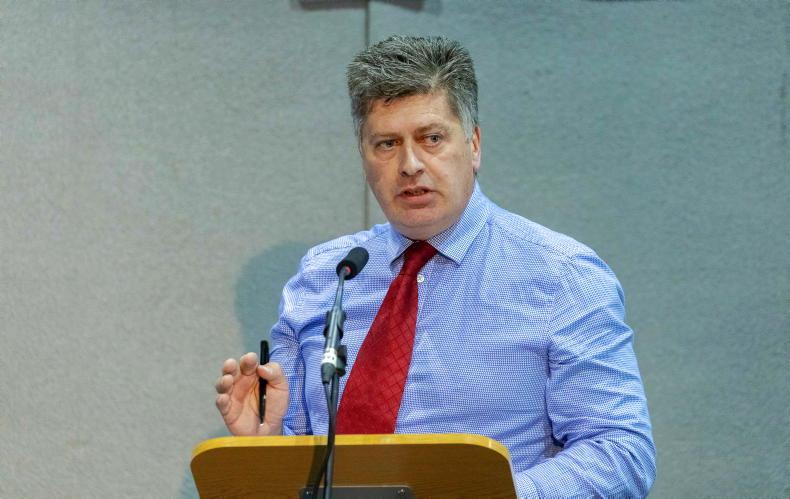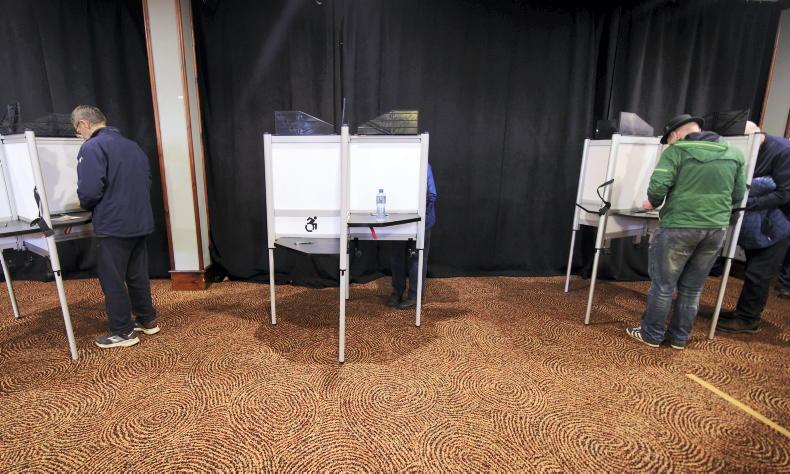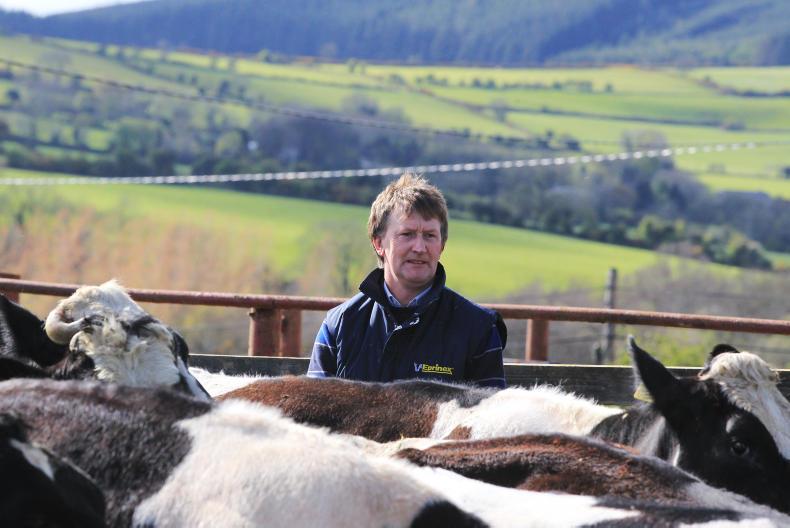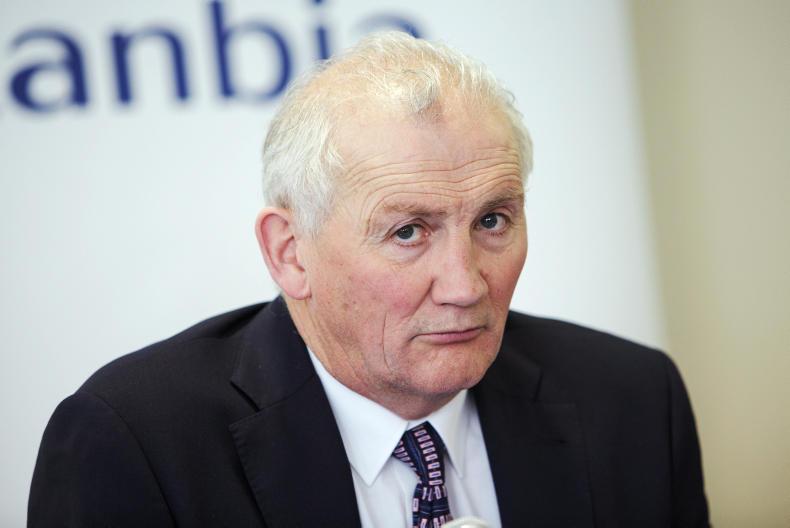“There will be another day,” Liam Herlihy told the Irish Farmers Journal in the wake of the 2010 decision by the Glanbia co-op to reject proposals that the co-op buy the Glanbia Irish business. That day has now arrived.
The co-op is now proposing to buy 60% of Consumer Products and Agribusiness. They will join with GII to form Glanbia Ireland.
Expect it to be much less contentious than in 2010 or the GII joint venture adopted in 2012. The financials, structure and politics of this deal are markedly different.
Firstly, the financials. In 2010, the Glanbia share price was around €3, now it’s six times that. The co-op’s shareholding then was 54.6% of a €900m company, now they hold 33% of the €5.27bn plc. It owns 60% of GII, and has spun out over €500m of plc shares (at current value) to co-op members in the intervening years. This means that instead of having to reduce their shareholding to 10% to buy the Irish business, farmers only need to spend 3% of the co-op’s resources to seal this deal.
Ah, I hear you say, but they were previously getting 100% of the deal – this time they only get 60%. That is the key structural difference.
This extends the joint venture concept that GII adopted.
Instead of separation of co-op and plc, a model that in Kerry has led to the current disconnect and discord, the two will be handcuffed together.
Ironically, that is a model that leaves both those deeply suspicious of the plc and those strongly supportive of Siobhán Talbot and her management team more comfortable than if it was an outright buyout.
Then there’s the political dynamic. The old Waterford/Avonmore factions are less at odds than in 2010, and the current chair Henry Corbally is a less divisive figure than Liam Herlihy was.
In fairness to Herlihy and to John Moloney, they oversaw a period of sustained growth that created the richer resources now in the company. They also adjusted the corporate structures to ensure that a simple majority – rather than the 75% required in 2010 – is required. That will easily be reached, and expect the associated €100m spin-out to get the 66% needed.
Those who strongly opposed the 2010 deal can say that it was the correct decision at the time, particularly those who were saying the plc was about to grow its wealth, and the co-op should keep its shareholding for a while longer.
Eion Lowry loks at what the proposals will mean for Glanbia here.
Read more
Editorial: Kerry and Glanbia making moves
“There will be another day,” Liam Herlihy told the Irish Farmers Journal in the wake of the 2010 decision by the Glanbia co-op to reject proposals that the co-op buy the Glanbia Irish business. That day has now arrived.
The co-op is now proposing to buy 60% of Consumer Products and Agribusiness. They will join with GII to form Glanbia Ireland.
Expect it to be much less contentious than in 2010 or the GII joint venture adopted in 2012. The financials, structure and politics of this deal are markedly different.
Firstly, the financials. In 2010, the Glanbia share price was around €3, now it’s six times that. The co-op’s shareholding then was 54.6% of a €900m company, now they hold 33% of the €5.27bn plc. It owns 60% of GII, and has spun out over €500m of plc shares (at current value) to co-op members in the intervening years. This means that instead of having to reduce their shareholding to 10% to buy the Irish business, farmers only need to spend 3% of the co-op’s resources to seal this deal.
Ah, I hear you say, but they were previously getting 100% of the deal – this time they only get 60%. That is the key structural difference.
This extends the joint venture concept that GII adopted.
Instead of separation of co-op and plc, a model that in Kerry has led to the current disconnect and discord, the two will be handcuffed together.
Ironically, that is a model that leaves both those deeply suspicious of the plc and those strongly supportive of Siobhán Talbot and her management team more comfortable than if it was an outright buyout.
Then there’s the political dynamic. The old Waterford/Avonmore factions are less at odds than in 2010, and the current chair Henry Corbally is a less divisive figure than Liam Herlihy was.
In fairness to Herlihy and to John Moloney, they oversaw a period of sustained growth that created the richer resources now in the company. They also adjusted the corporate structures to ensure that a simple majority – rather than the 75% required in 2010 – is required. That will easily be reached, and expect the associated €100m spin-out to get the 66% needed.
Those who strongly opposed the 2010 deal can say that it was the correct decision at the time, particularly those who were saying the plc was about to grow its wealth, and the co-op should keep its shareholding for a while longer.
Eion Lowry loks at what the proposals will mean for Glanbia here.
Read more
Editorial: Kerry and Glanbia making moves









SHARING OPTIONS